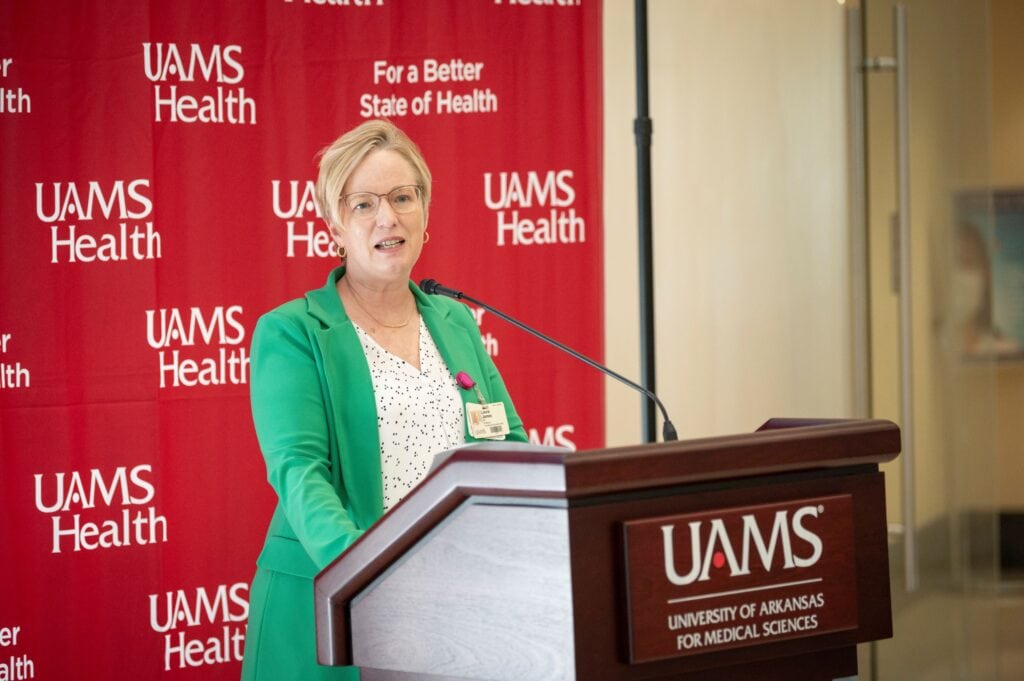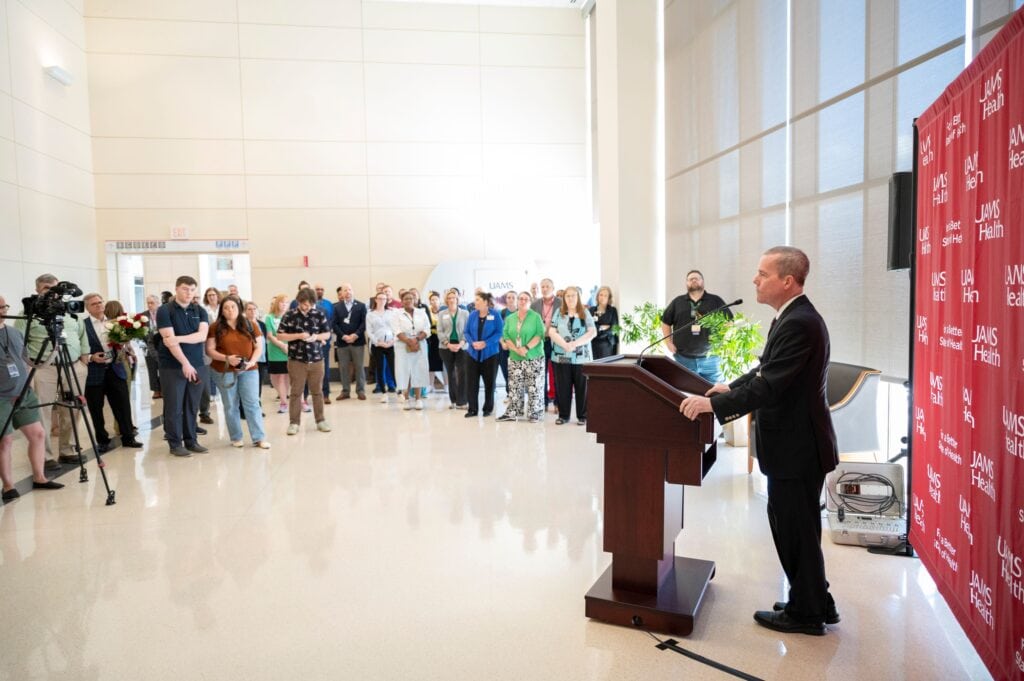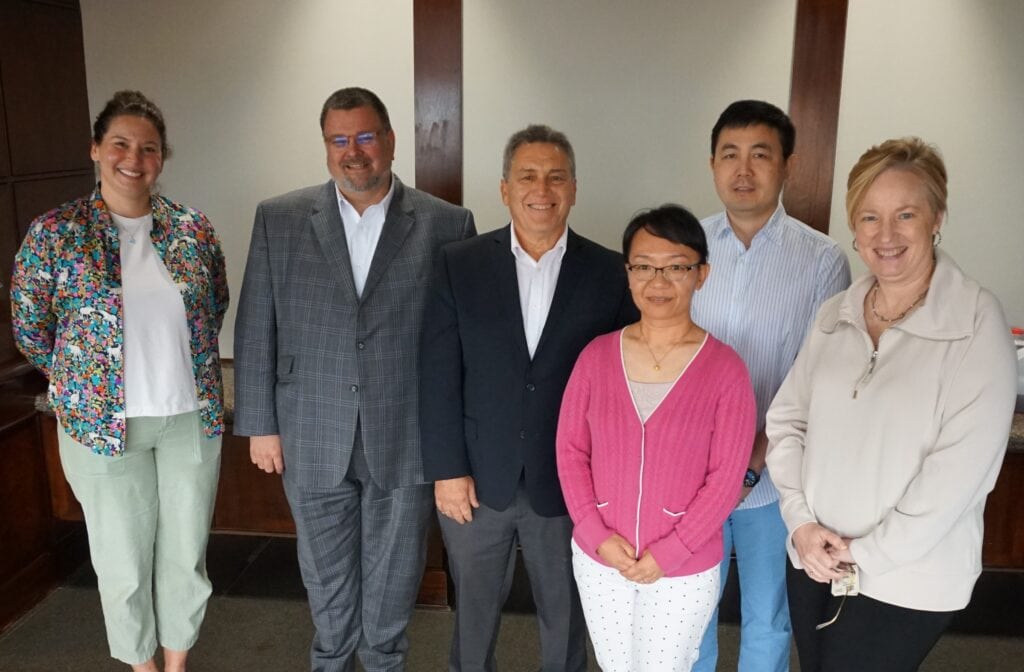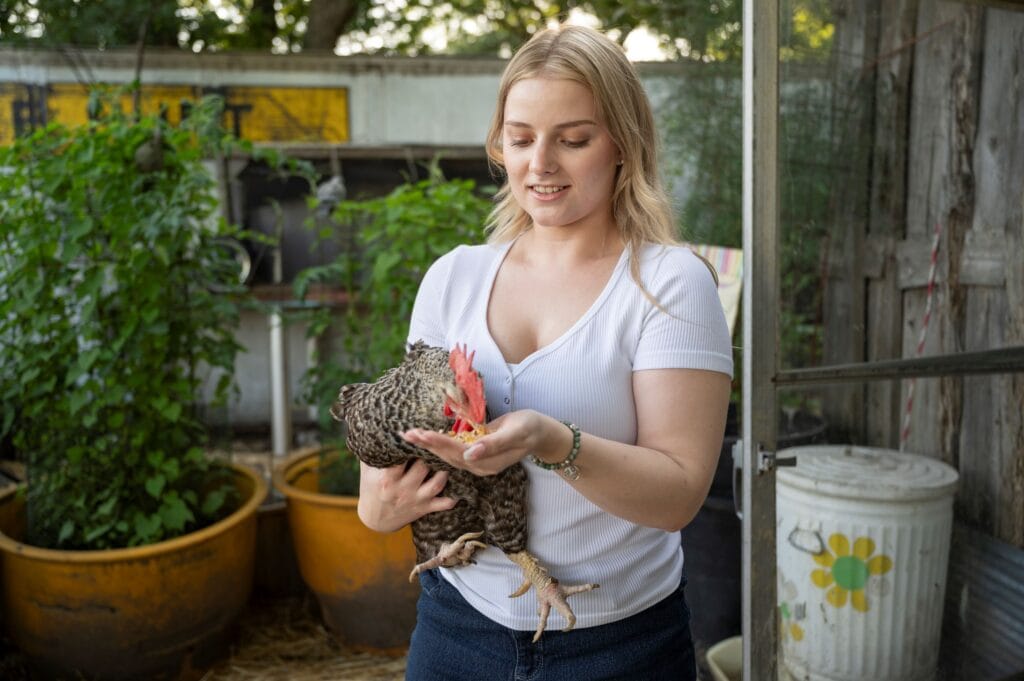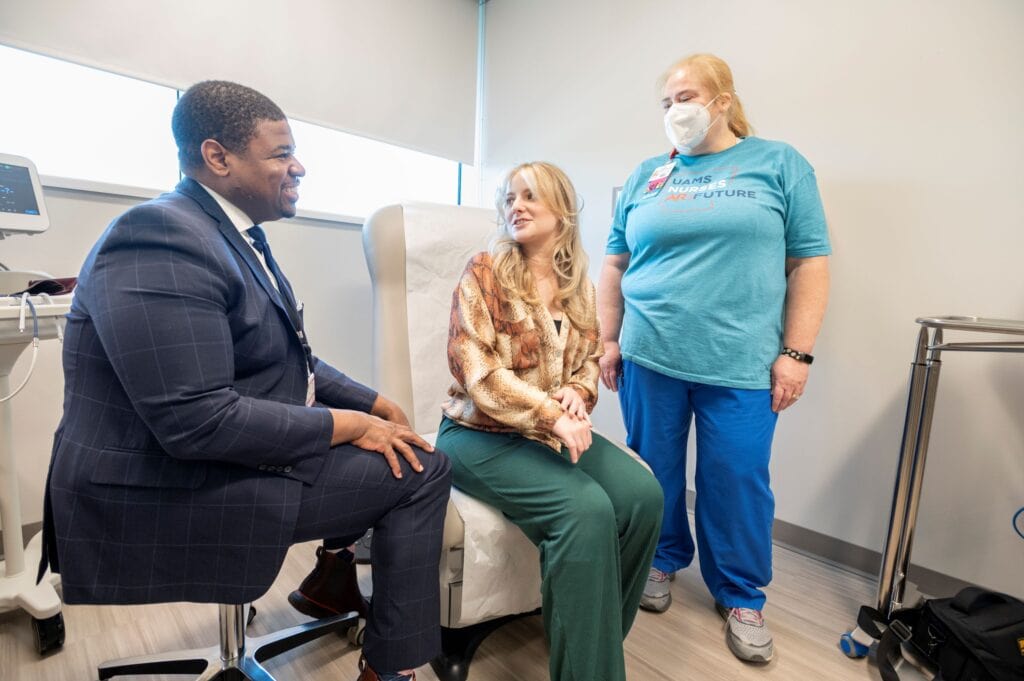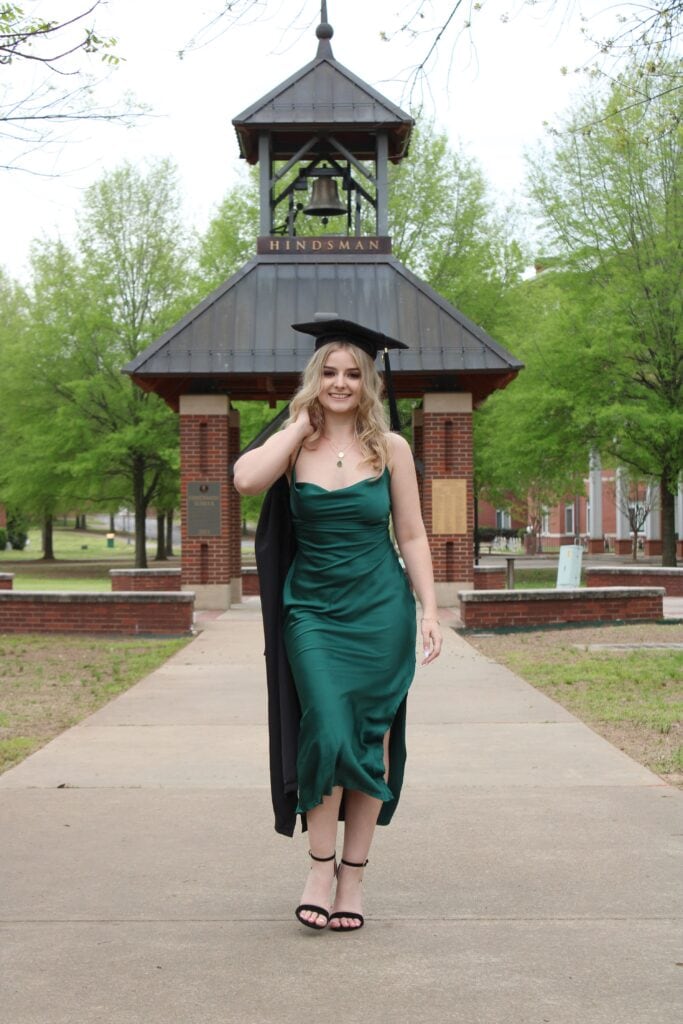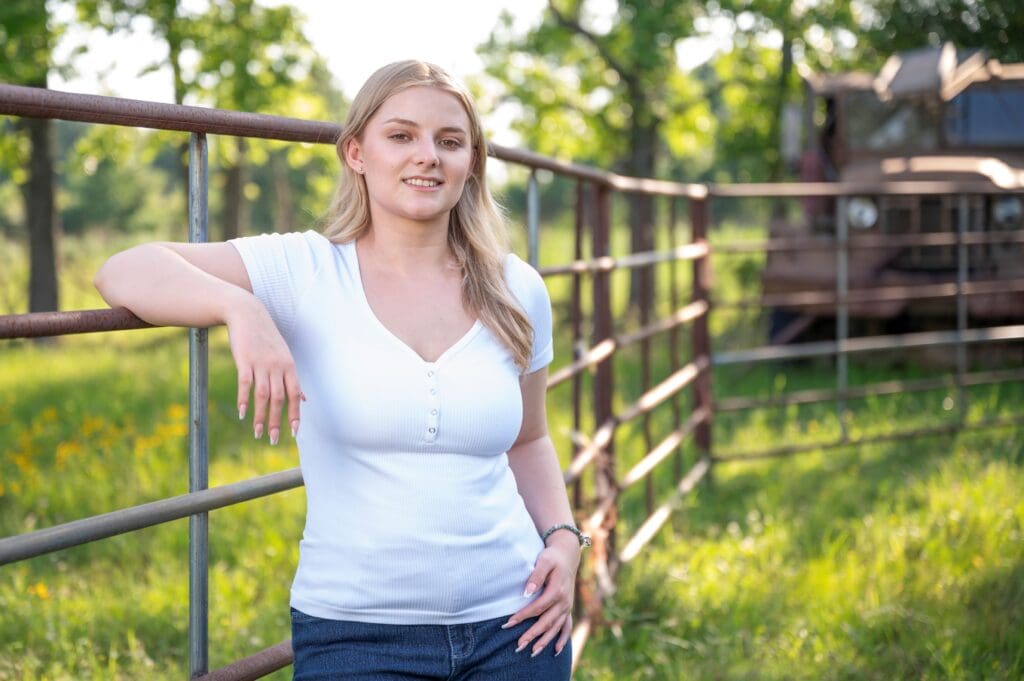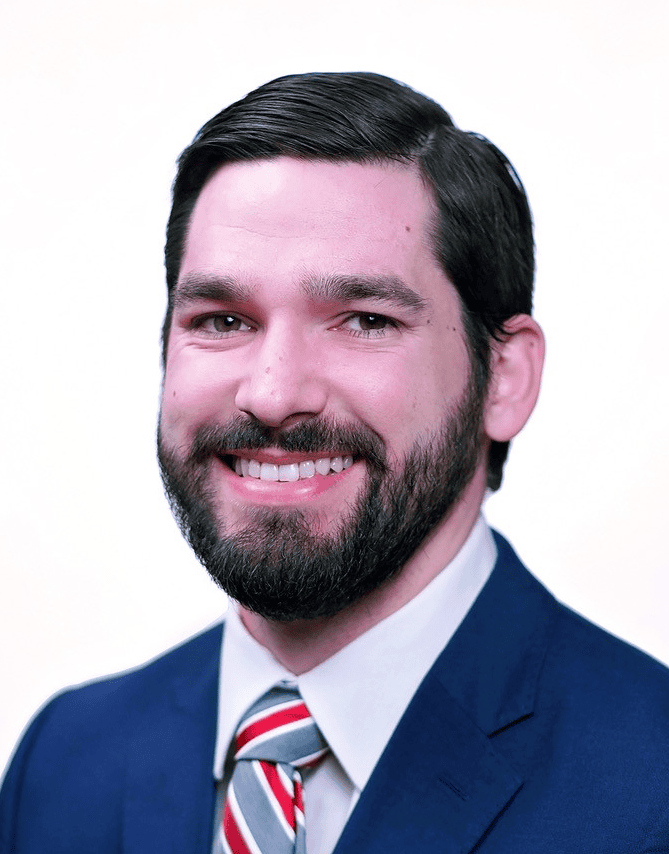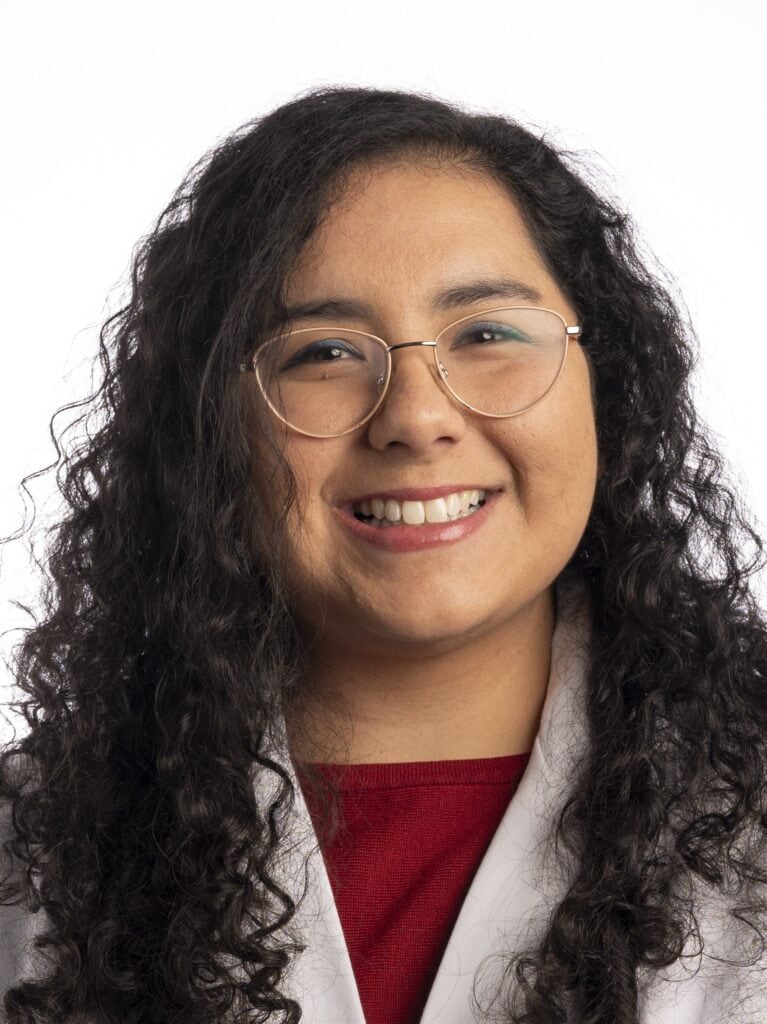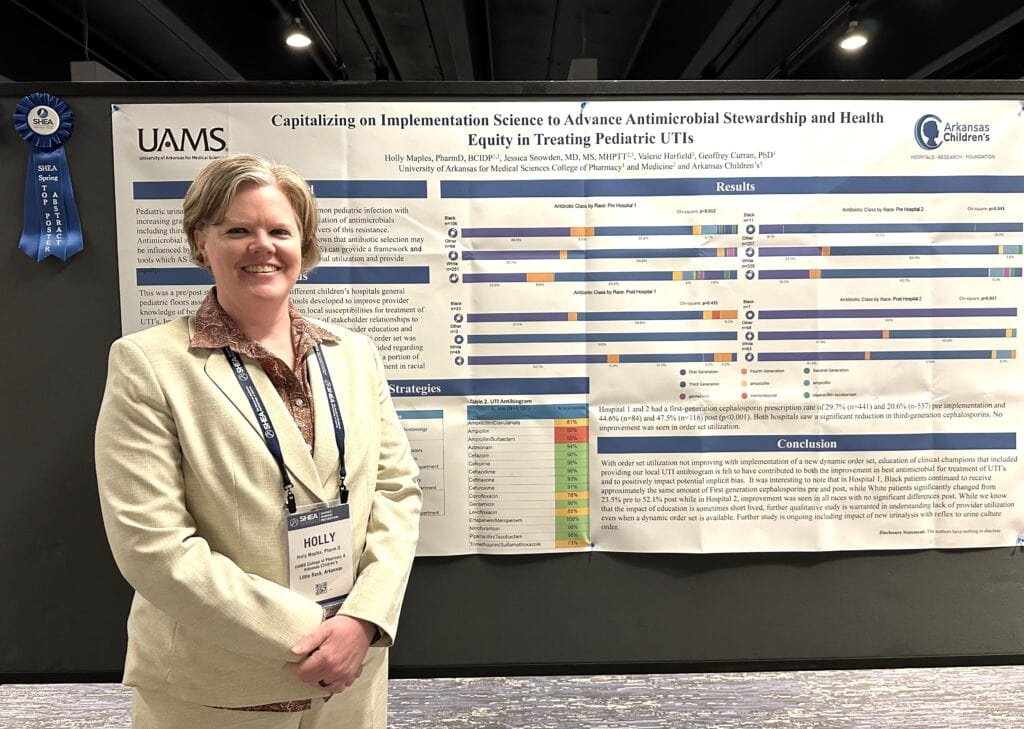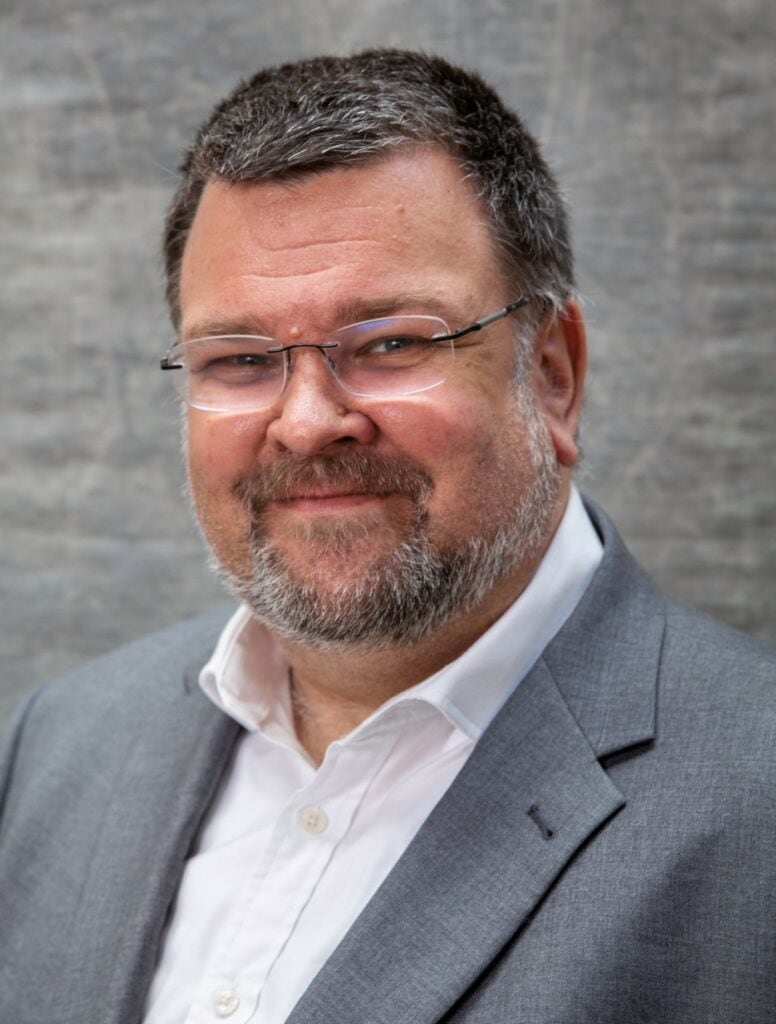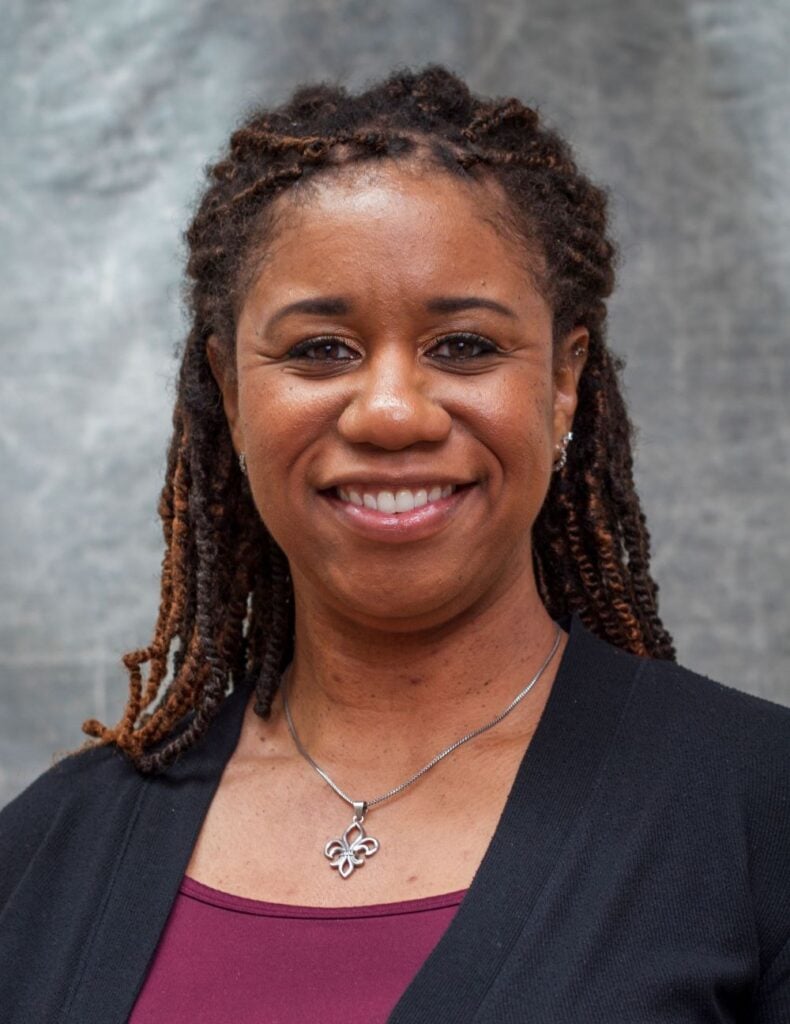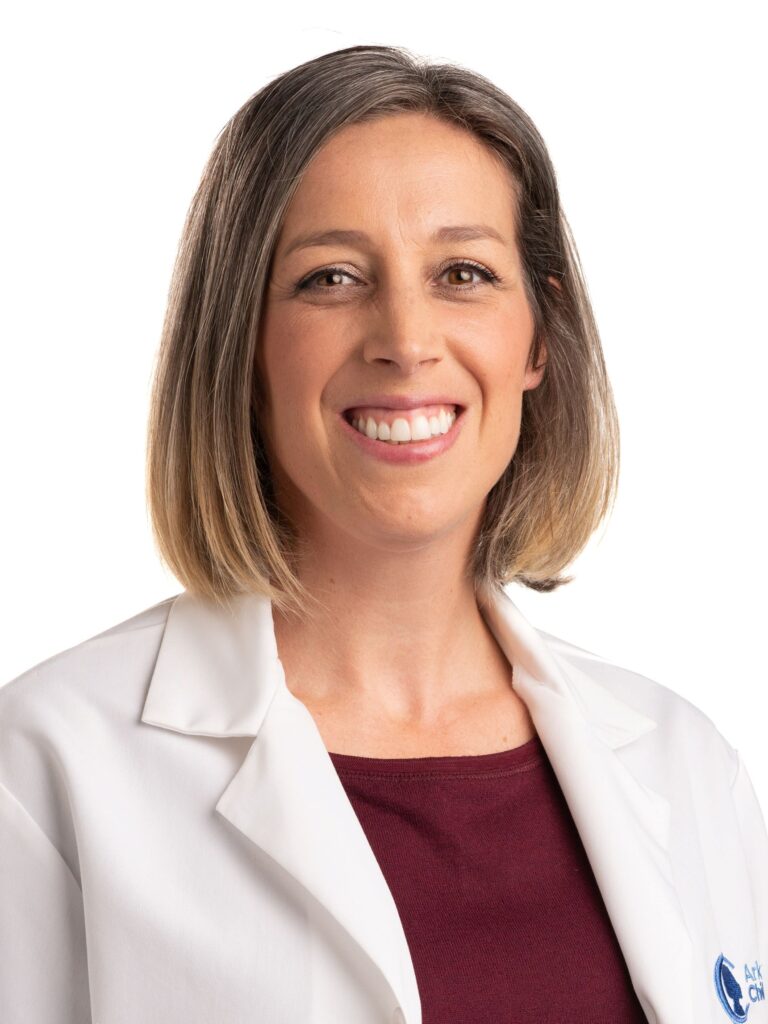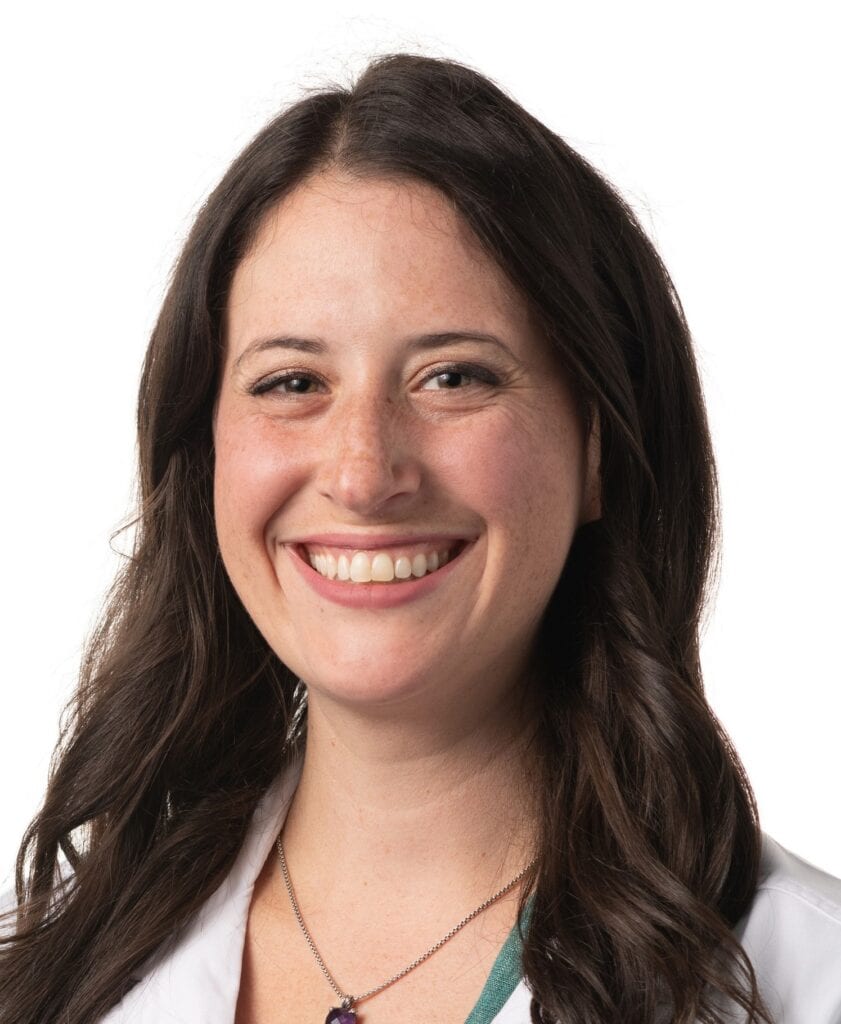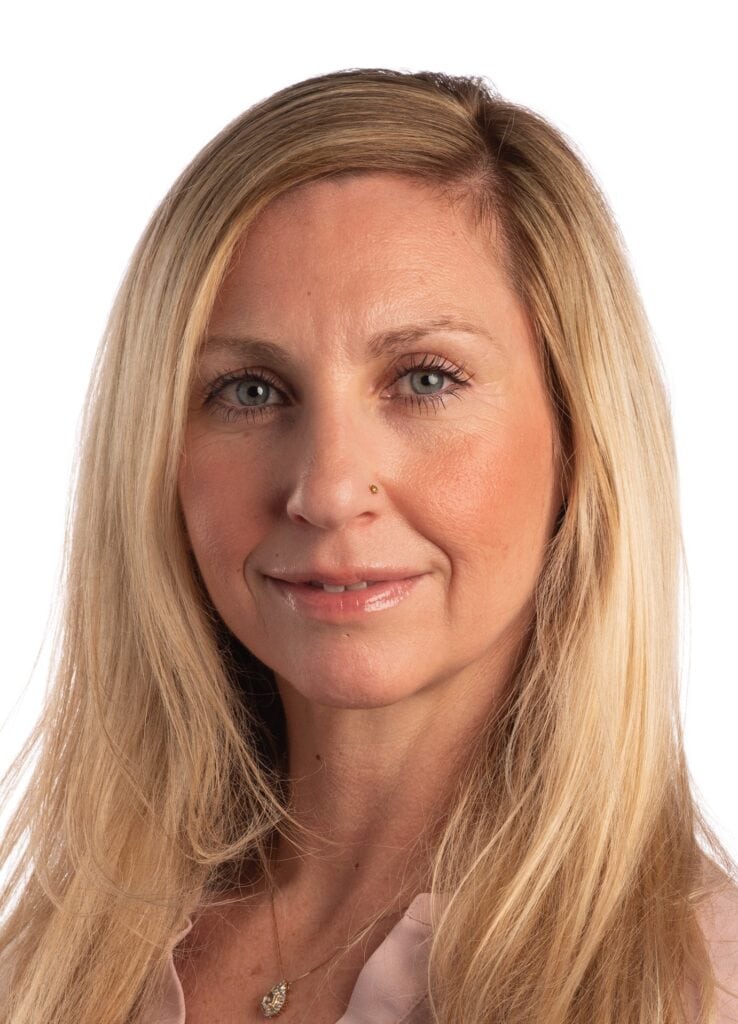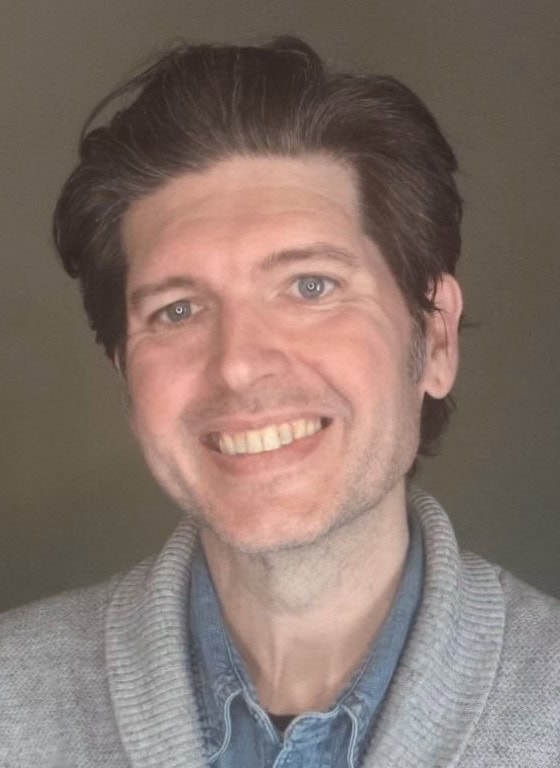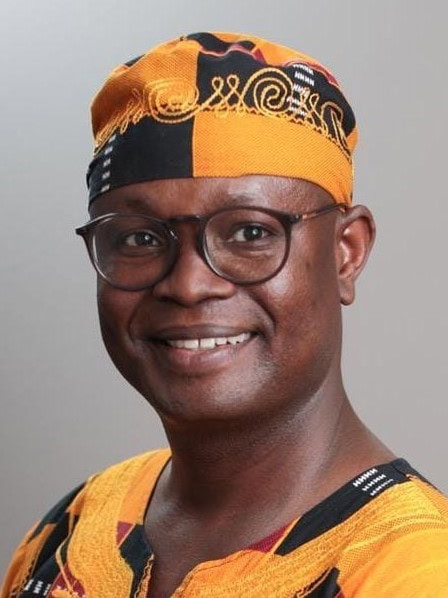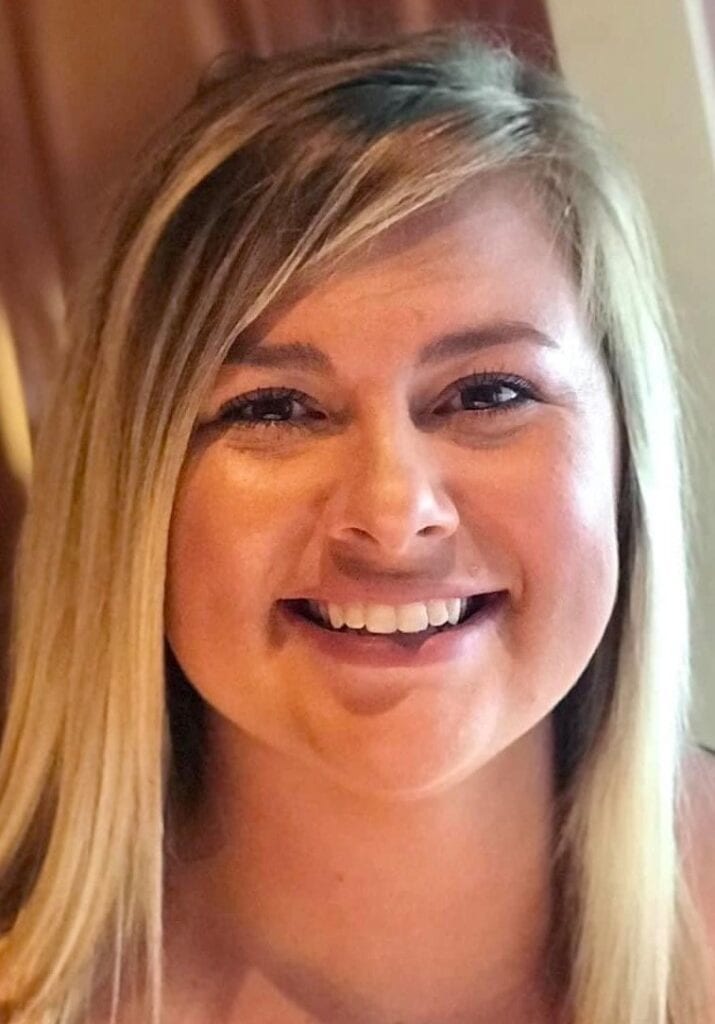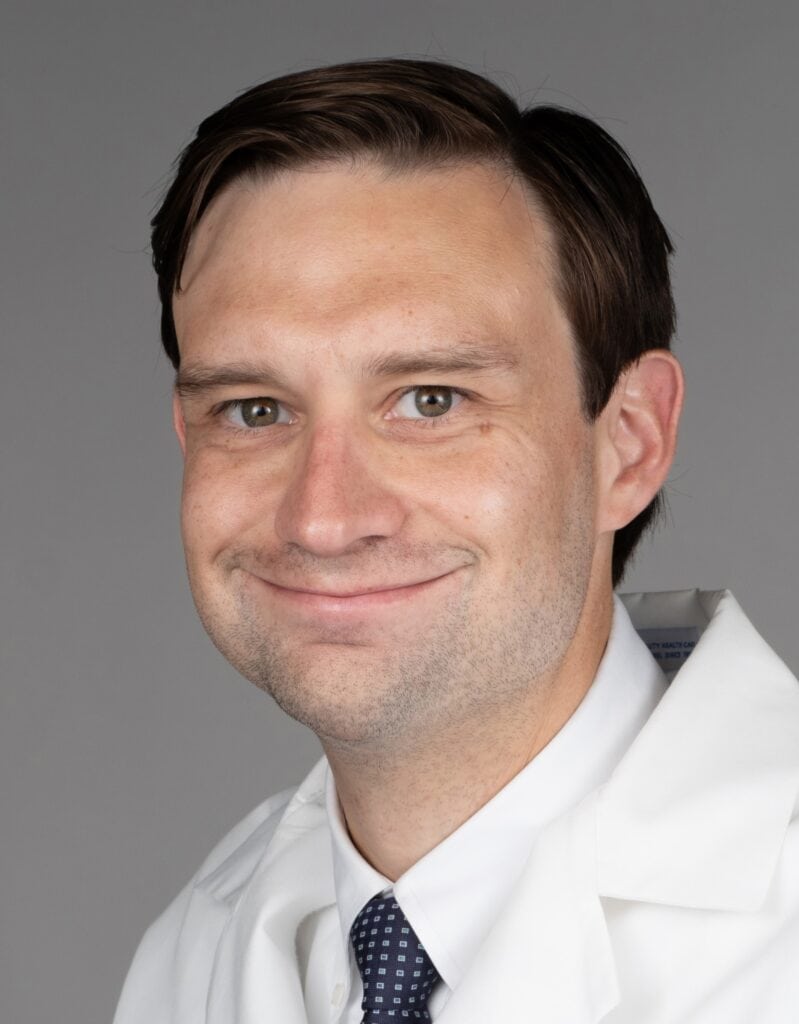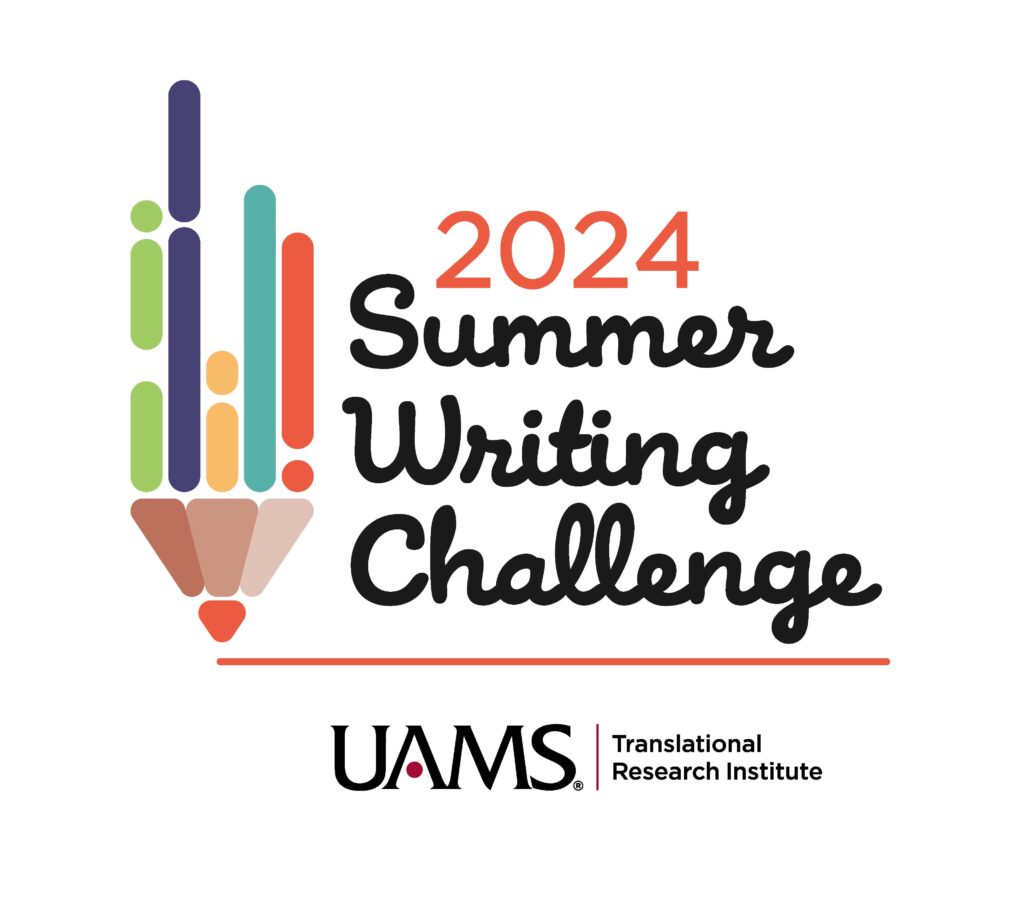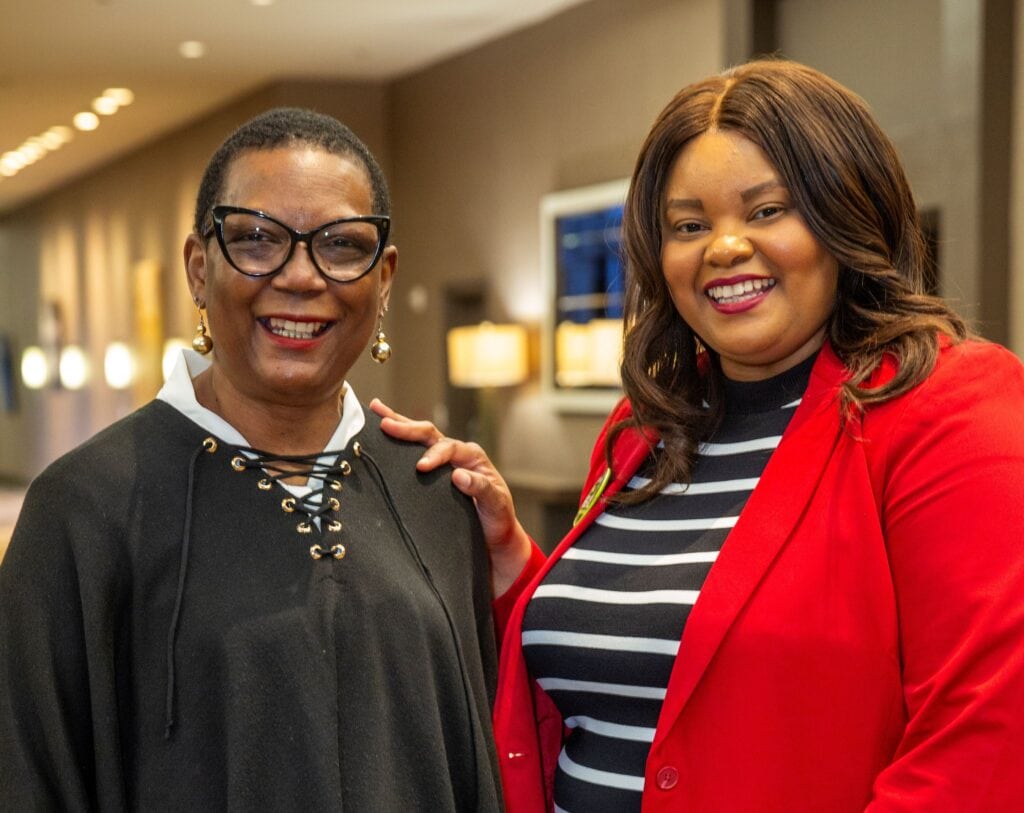
We are excited to announce the release of the 2024 UAMS Translational Research Institute (TRI) Annual Report! This 52-page, magazine-style publication celebrates the remarkable dedication and talent of UAMS-affiliated faculty and staff, showcasing noteworthy advancements in translational science.
The report highlights TRI’s impact on UAMS’ growing research enterprise, capturing the essence of our work and highlighting the translational research achievements of the past year. It brings to life the important research conducted by our talented UAMS-affiliated colleagues.
It is impossible to condense all of our success stories into one publication, but we are proud of the diverse range of projects and advancements featured within its pages. We applaud everyone who contributed to these accomplishments.
We hope you find this report as inspiring and enlightening as we do.

